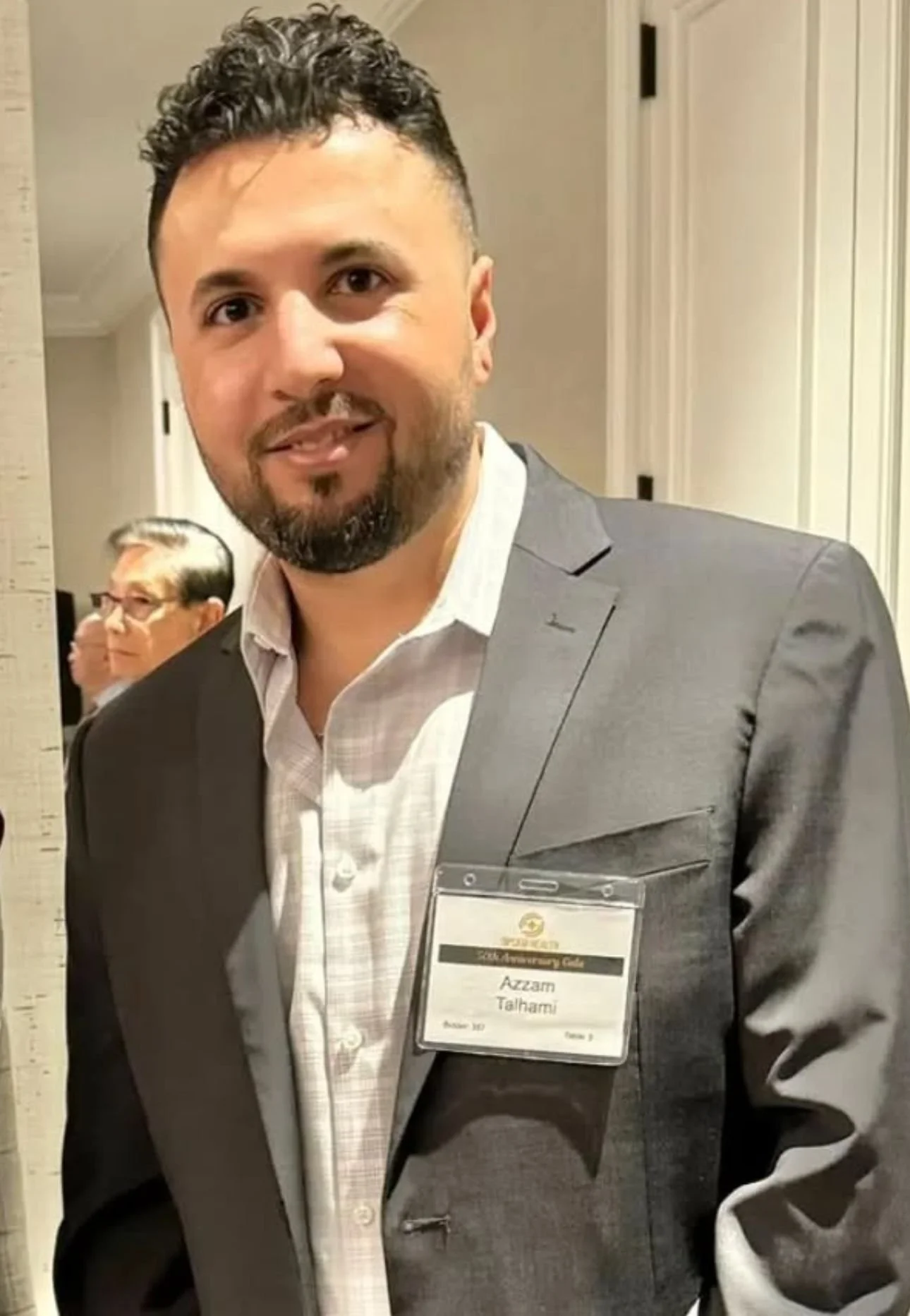
Meet the Team
-

Oxana Kogout
Psychiatric Nurse Practitioner
With nearly a decade of experience as a Psychiatric Nurse Practitioner, Oxana Kogout has provided compassionate and comprehensive mental health care across diverse settings, including inpatient adult care, correctional facilities, and geriatric-focused convalescent hospitals. Her expertise spans all age groups, from children to veterans, with a particular focus on conditions such as PTSD and adjustment disorders.Oxana is dedicated to delivering thorough assessments and personalized care, ensuring that each patient feels supported and understood. With a strong professional background, she brings a unique perspective on the challenges of cultural adjustment and its impact on mental health. Through effective treatment strategies, Oxana strives to foster positive outcomes and empower patients and their families on their journey toward healing and well-being.
-

Azzam Talhami
LMFT, Associate Psychologist
Azzam Talhami is a Licensed Marriage and Family Therapist, PsyD Candidate in Applied Clinical Psychology, and the founder of Enara Family Counseling P.C. He specializes in culturally responsive, trauma-informed care, with a focus on serving immigrant and refugee populations, veterans, and individuals facing complex trauma, grief, and identity challenges. Azzam integrates evidence-based modalities—including Internal Family Systems (IFS), Narrative Therapy, Cognitive Behavioral Therapy (CBT), and Dialectical Behavior Therapy (DBT)—alongside holistic healing practices rooted in Middle Eastern culture. He provides services in Arabic, English, and Hebrew, creating a therapeutic space where clients feel safe, respected, and deeply understood.In addition to his clinical work, Azzam is a Certified Nonviolent Communication (NVC) Trainer and a dedicated advocate for equitable and accessible mental health care. His research explores the psychological impact of war trauma and forced migration, and he is especially passionate about supporting clients who have experienced systemic injustice, spiritual distress, and intergenerational trauma. Azzam’s approach is grounded in empathy, cultural humility, and a deep belief in each person’s capacity for healing and transformation.
-
-
-
-
